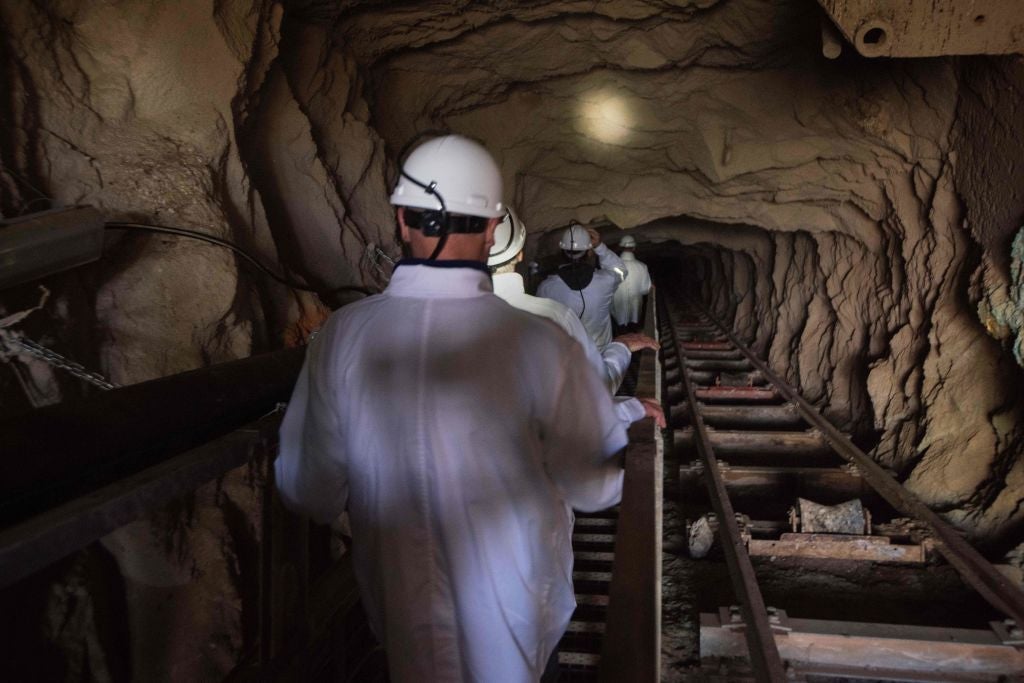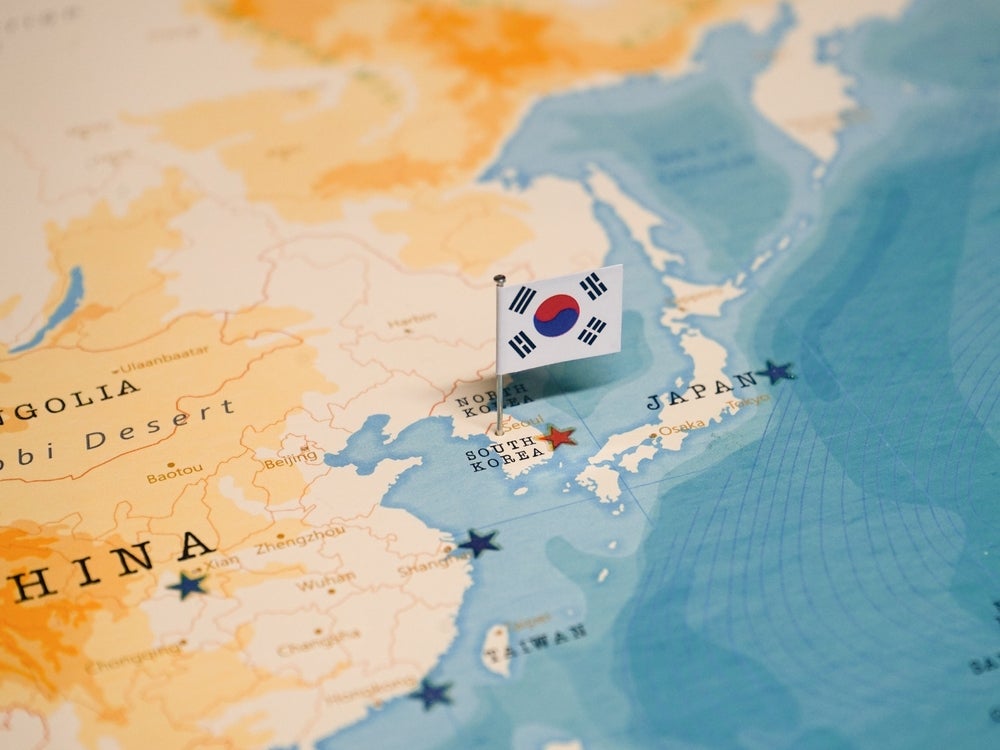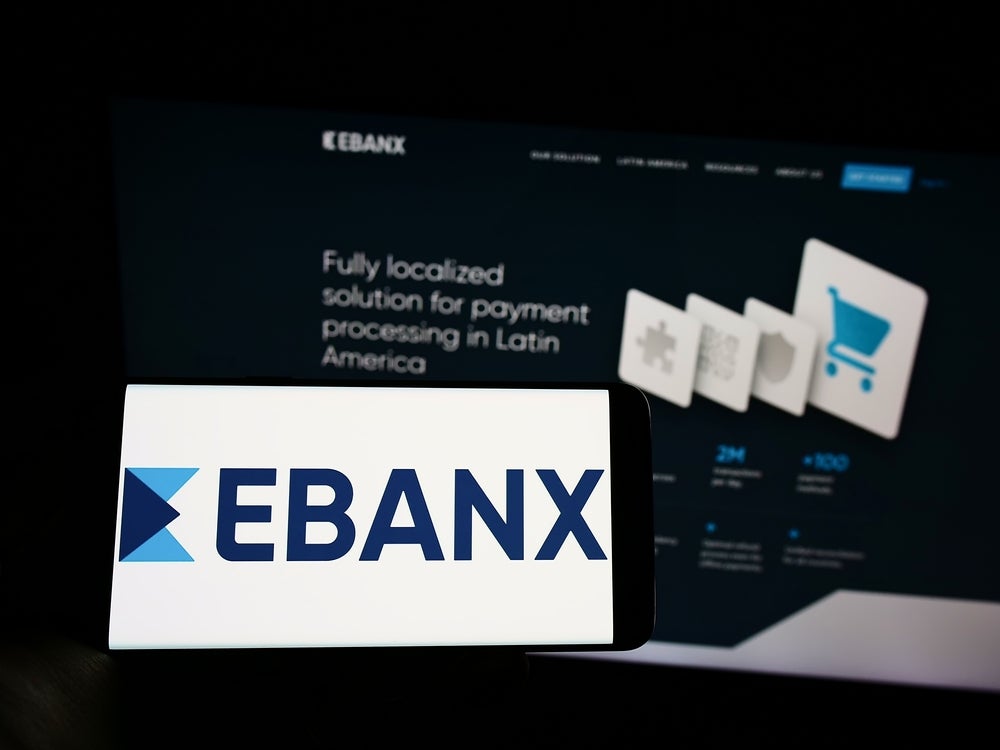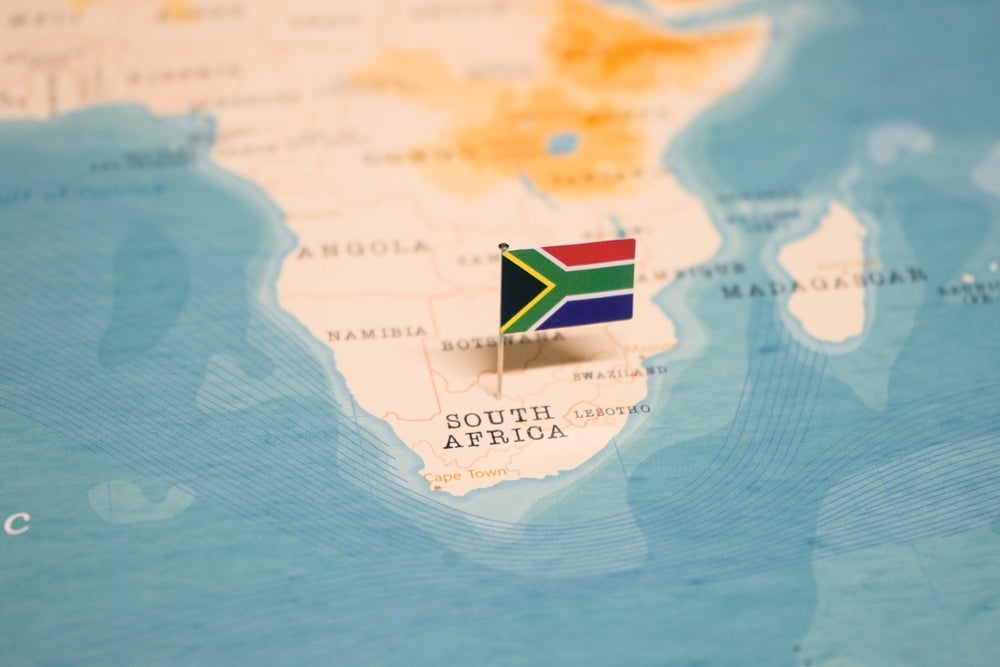

South Africa sits on land rich in natural resources including extremely high-value commodities such as platinum, gold and diamonds. In fact, the county is the world’s largest producer of chrome, manganese, platinum, vanadium and vermiculite.
Despite this wealth, South Africa’s economy is not completely dependent on these resources – although it does have a significant mining sector – as it has also diversified into services and manufacturing.
FDI into South Africa dropped in 2019
South Africa saw its foreign direct investment (FDI) figures drop significantly in 2019. Inflows came down by 15.1% to $4.6bn, according to the UN Conference on Trade and Development (UNCTAD) 2020 World Investment Report. Despite this it was still the second-largest developing economy in Africa for FDI, after Egypt.
Furthermore, this figure is still considerably higher than South Africa’s annual inflows between 2015 and 2017, which averaged approximately $2bn a year. In 2019, there was a notable shift in key source markets, with China becoming more prominent at the expense of European countries.
South Africa has been severely impacted by Covid-19, with strict lockdowns weakening its overall economic stability. GDP growth in South Africa plummeted to -51.7% in the second quarter of 2020 but saw a substantial recovery by growing 66.1% in the third quarter.
This recovery was aided by the manufacturing and mining sectors, with the former seeing an increase in the production of metals, petroleum, vehicles and beverages once lockdown restrictions were eased. Despite this, the South African economy was 5.8% smaller at the end of 2020 than it was at the end of 2019.
How well do you really know your competitors?
Access the most comprehensive Company Profiles on the market, powered by GlobalData. Save hours of research. Gain competitive edge.

Thank you!
Your download email will arrive shortly
Not ready to buy yet? Download a free sample
We are confident about the unique quality of our Company Profiles. However, we want you to make the most beneficial decision for your business, so we offer a free sample that you can download by submitting the below form
By GlobalDataAs South Africa enters 2021, the country has put measures in place to protect national security following the pandemic. A new screening mechanism for FDI will see a special committee assess merger and acquisition deals to ensure they fulfil certain criteria.
South Africa’s obstacles and opportunities
South Africa still has some reputational issues to overcome, with its labour strikes hitting headlines, corruption and crime statistics staying relatively high and its unemployment rate getting close to 30%, according to Statista.
The country has also committed to the carbon emissions targets set out in the Paris Agreement, which could offer opportunities in environmental, social and corporate governance investing. However, just 9% of the country’s power capacity can be attributed to renewable sources, so there is a long way to go.
South Africa’s location also makes it an attractive access point for other sub-Saharan markets. Furthermore, there are opportunities for investors due to the country having a competitive domestic economy and fairly well-developed infrastructure. It is arguably leading the way for technology advancement on the African continent, although there is certainly room for more growth to come.






